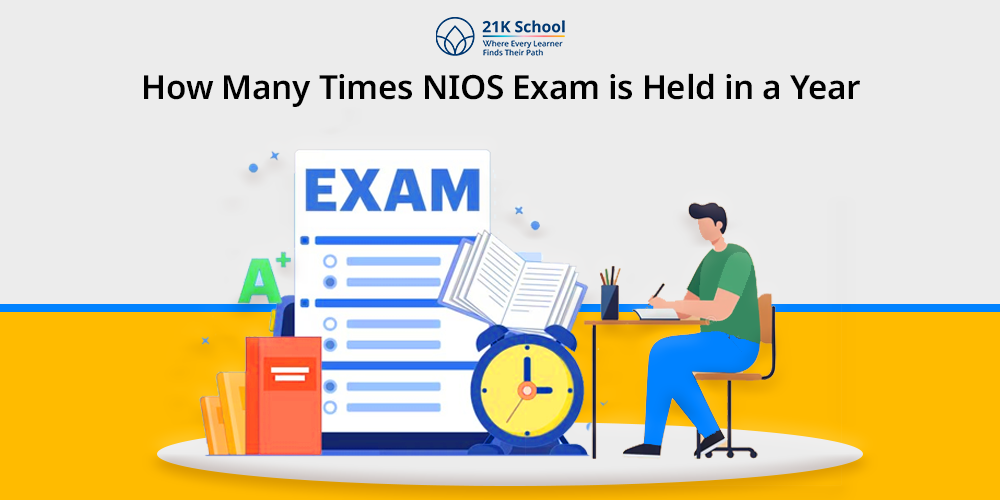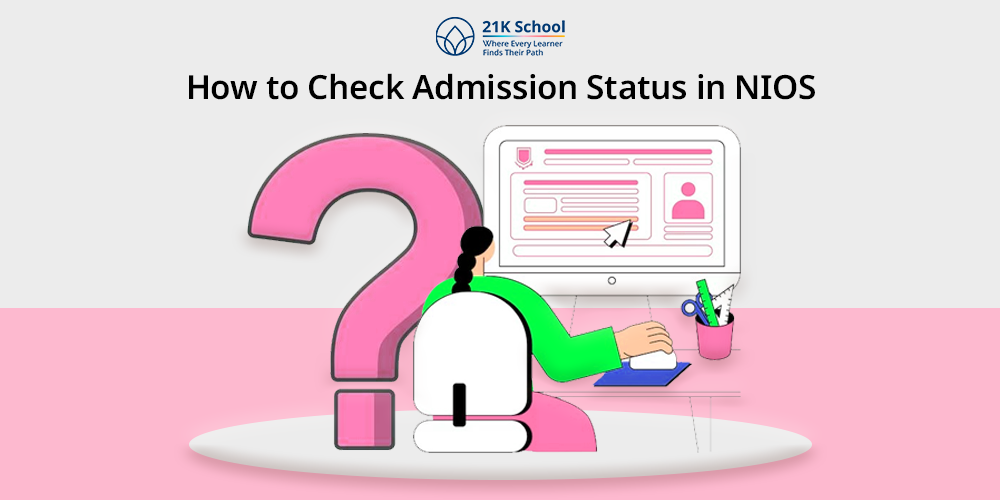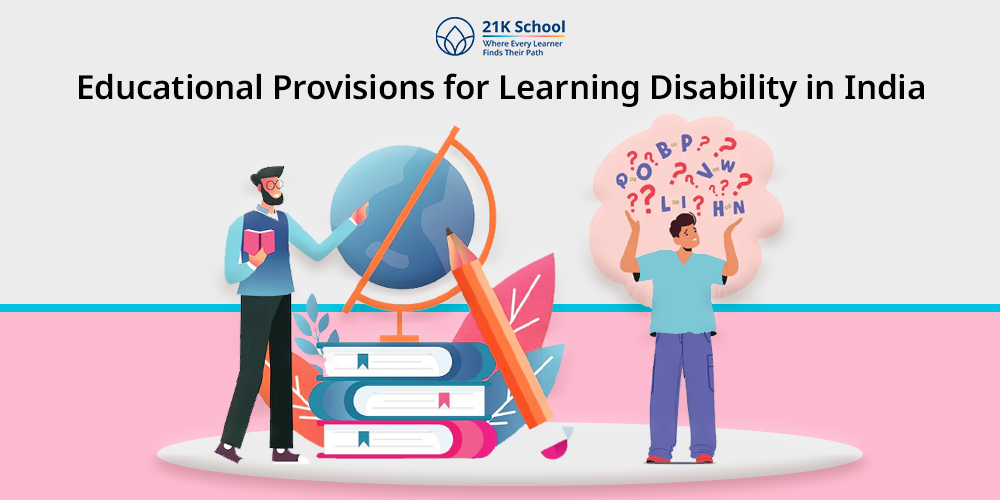
“Curiosity is the compass that guides learners to explore the world, turning every question into an adventure of discovery.”
Especially in an educational setup, understanding towards the world comes from questioning things around. Questions are more important than the answers as said curiosity drives the lessons in the classroom to be more interactive and fun.
In a classroom this curiosity can lead to a session filled with involvement and engagement and one question can lead to another and those young minds tend to take charge of their values and opinion, and children never hesitate to put their point forward, if given opportunity with no judgement and biasedness.
This shapes the journey journey for a student.
That’s Inquiry-Based Learning (IBL) for y’all—an educational approach that prioritizes experimentation, exploration, problem-solving, and creativity over rote memorization and dictation.
With every new day, the world is experiencing advancement, and education being a building block, evolves with time at a greater and prosperous speed, it focuses on real education with real-time involvement.
IBL takes charge in the world with the essence of inclusivity and personalisation in it. It helps in preparing students for the future and makes them adaptable for critical thinking and real life problems.
At 21K School, India’s leading online school, we as an institution embrace the essence of inquiry-based learning in our teaching methodologies in the most fun way possible, creating an inclusive environment for learners to thrive on curiosity.
We help them build a connection between their knowledge and real-life scenarios, and develop all skills essential for tomorrow’s world like; critical thinking, problem solving, empathy and confidence.
Contents
- What is Inquiry-Based Learning?
- Why Inquiry-Based Learning Matters
- Characteristics of Inquiry-Based Learning:
- How to Use Inquiry-Based Learning:
- Strategies for Inquiry-Based Learning:
- The Inquiry-Based Learning Process
- Types of Inquiry-Based Learning
- Benefits of Inquiry-Based Learning
- Challenges and Solutions in Inquiry-Based Learning
- Conclusion: Embracing the Inquiry Mindset
What is Inquiry-Based Learning?
If we go all by words, it’s very simple to understand
Inquiry based learning is an approach that strategies to create a centre around students where they feel confident in asking questions.
This educational strategy helps in absorbing information students tend to learn more as they explore and question or discover through research and formative assessments.
Why Inquiry-Based Learning Matters
Curiosity empowers learners to think more critically in situations. Inquiry based learning is not about finding the right answer rather it’s about discovering the journey with the power of exploration and questioning.
And that is why inquiry based learning is important, there are many reasons to support inquiry learning, some of them are:
1. Bridging the Gap Between Theory and Practice
Traditional classrooms have always been known for dictation and lectures that focus more on the theoretical part of learning.
It has more been connected to observing around and has always been distant from real life applications.
IBL bridges that gap between the traditional and modern educational setup, by encouraging students to learn more with practical scenarios making lessons more meaningful to them.
This whole concept of questioning and exploring education by themselves makes it more memorable, boosting their knowledge retention.
2. Promoting Lifelong Learning Skills
It’s not only about the methodologies.
Inquiry-based education doesn’t just teach; it prepares students to be independent.
This promotes the understanding of curiosity at a very small level to encourage students and motivate them to connect with the course better.
There are many ways that lifelong learning can be implemented in the classrooms, making a huge difference in one’s personal, professional and societal development.
It believes in considering all learners at the same level as that of any facilitator in the classroom, when participating and engaging actively.
As said by many; learners can teach a whole new perspective of life that we may never have even thought of considering.
Thus schools and institutions with such an environment promote thinkers who can question, analyze, and adapt—essential skills for navigating their own journey in this ever-changing world.
And that’s the reason why skill based learning is considered so important.
Characteristics of Inquiry-Based Learning:
The key features of inquiry based learning includes:
- Student-Centered Approach: It’s a learners centric approach which promotes teamwork; critical thinking and addressing the real world problems with creativity and discussion.
- Active Exploration: The inquiry based learning is all about curiosity. For this the focus is mainly on the learner’s questions. It encourages investigation and hands-on learning.
- Problem-Solving: It’s a learners centric approach which promotes teamwork; critical thinking and addressing the real world problems with creativity and discussion.
- Collaboration where Teacher acts as a Guide: It promotes teamwork and helps students in analyzing and evaluating situations and in the due course facilitators provide directions rather than dictating solutions, encouraging contextual learning through discussions and evaluations.
- Reflection and Integration: With all this hard work and efforts put into the educational process, it becomes easy for students to reflect on itself and integrate better methods of learning in its journey. One can fix the issue and can easily move on with better methods.
How to Use Inquiry-Based Learning:
The steps involved in, inquiry based learning is very similar to the processes involved and is justified in the same manner:
These steps are relevant in the modern day set up with virtual classrooms with the help of open ended questions and thought provoking questions about the lessons, allowing students to have their own set of research, investigate and gather information independently or in groups, these questions promote and encourage exploration.
There is no role of teachers in this method of teaching, rather it is termed as facilitators, who act as guides in providing resources and asking deeper questions in context to the topic based on its relevance.
This method of learning facilitates group discussions and shared learning experience for learners, participation on such a great level can result in better experiences and ultimately contributing to increased knowledge retention.
With this learning experience it is easier to analyze, find alternatives and draw conclusions. When implemented in a strategic manner it’s easier to connect dots and connect the broader context in a creative format.
Strategies for Inquiry-Based Learning:
Strategies based learning uses strategies like : Questioning Techniques which uses open-ended questions to provoke curiosity and critical thinking among learners and uses Hands-On Activities like experiments, projects, or real-life problem-solving tasks.
It is a strategic planning process that uses Scaffold Learning which helps them in providing resources and guidance as students progress, not as teachers but as facilitators.
When considering environments, group discussion plays an important role in shaping students’ lives and these situations promote cooperative learning with the help of journaling and presentations.
These situations evaluate students’ journeys and reflect on their academic status and help them in differentiating between skills and interests.
The Inquiry-Based Learning Process
The inquiry based learning unfolds different stages of creativity, curiosity and understanding strategically for learners to be more involved and take learning to newer heights.
It starts by asking learners to participate actively in the learning process, i.e Step 1: Ask: Generating Questions.
Here the process begins with provocative questions and problems presented to learners, where they brainstorm in the scenario starting with the prompt presented by the facilitators.
Mostly in these questions the learners are given with open- ended questions to promote further exploration and inspire to enquire more about the topic.
Example to such a situation could be : “What causes climate change, and how does it impact our daily lives?”
Now when a question is asked: students dive deeper into the lesson and try to learn more about the topic on their own and i.e Step 2 : Investigate: Research and Explore.
Here students gather information from various methods available for them as in resources, technology and even methods like : experiments, reading or interviews.
Educators are no longer dictating lessons, rather they are facilitators who guide learners through their capabilities and provide them with all the required resources, making sure that the approach towards their learning remains credible and systematic.
Objective to this step is to foster active engagement among learners with materials and encourage critical evaluation of evidence.
Examples here are facilitators providing students with resources online and even suggesting credible websites they can visit to learn about climate change and its impact.
A knowledge with no proper structure and presentation is just alphabets on paper. The next step is to analyze the learnings and construct a critical yet factual opinion on the topic with conclusion to the situation. This is Step 3: Create: Synthesizing Knowledge.
In this stage, an opinion is formed, it can be in any form: like constructive criticism for a topic, creating a product to cater the problem based on research and even sharing solutions to the discussed issue mostly in presentable forms : report, model, presentation and research paper.
Outcome here in this situation is a tangible demonstration of understanding that reflects well on the depth of inquiry, backed up with research and understanding.
Example here is to come up with a paper that describes all the possible problems that are responsible for climate change and also provide solutions to cater that problem well within their limits.
Now when problem is shared, research is done and a conclusion has been reached it is important to discuss it with peers and a broader audience to get different perspective on topic; also facilitators then can actually analyse the improvement in the quality of content and with such massive involvement students will remember and relate more to the topic and will ultimately learn more about the issue.
This is Step 4 : Discuss: Sharing and Reflecting
The final step of reflecting on your learning, through group discussions and feedback sessions which creates space for the exchange of ideas and additional insights, on topics; this might also end up in a very healthy debate that is also a part of collaborative learning, and we all are well aware that there are multiple benefits of collaborative learning.
Purpose to this step is to encourage collaborative learning and refinement of thought in the whole journey, promoting collaboration and insightful understanding through experimentation and exploration.
Types of Inquiry-Based Learning
There can be four major types of Inquiry-Based Learning from the institutional perspective, beings stated as :
- Structured Inquiry
- Controlled inquiry
- Guided inquiry
- Open inquiry
| Type of Inquiry | How It Works | Ideal For | Student Experience |
| Structured Inquiry | Teachers pose a specific question, and students explore within set boundaries to find the answers. | Introducing inquiry-based methods to new learners. | Students focus on learning the process while feeling guided and supported. |
| Controlled Inquiry | Educators offer multiple questions, and students investigate using pre-selected resources. | Building research and critical analysis skills. | Learners analyze predefined materials, gaining confidence in inquiry through structured exploration. |
| Guided Inquiry | Teachers provide a framework, and students craft their own questions and research approach. | Balancing structure with creativity and autonomy. | Students feel engaged as they take partial ownership of the process, sparking curiosity and independent thought. |
| Open Inquiry | Students design the entire process—from forming questions to presenting findings—with minimal guidance. | Advanced learners ready to tackle complex, open-ended problems. | Learners feel empowered and motivated as they take full control of their learning journey. |
Benefits of Inquiry-Based Learning
Some major benefits that inquiry based learning offers us from a learner’s perspective include:
- Increases the critical thinking skills: Inquiry based learning challenges students to learn more about a topic and get an in-depth research which ultimately increases the critical thinking skills among young students
- Developing the ability to analyze and synthesize information: The inquiry based learning helps them in developing the ability to analyze and synthesize information critically.
- Boosting peer to peer collaboration: In an inclusive environment, all the activities that take place in a classroom promotes communication among learners, boosting peer to peer collaboration and taking one step towards collaborative learning.
- Create opportunities for teamwork: In a classroom based on the inquiry based educational model, the group activities, investigations, queries and discussions create opportunities for teamwork, improving students ability to communicate ideas efficiently and effectively.
- Boost confidence in learners: These scenarios, where questions are promoted and inquiries are appreciated, boost confidence in learners making them more self aware and helps them know the environment around better.
- Increase ability to communicate ideas efficiently: This open-ended exploration nurtures creativity, innovation and development to a greater heights. IBL promotes this systematic approach of student centred learning with a fresh perspective and new dimensions.
Challenges and Solutions in Inquiry-Based Learning
Challenge 1: Time-Intensive Implementation
The Issue here is that IBL demands ample time for exploration, research, and discussion. It’s not something that can be done with tight curriculum schedules.
The entire process of implementing IBL in the classroom is a strategic yet standard procedure which doesn’t measure academic success over semesters or years.
The Solution to this challenge is to Integrate Inquiry with Standards hereby aligning the inquiry projects with curriculum objectives and properly incorporating the educational goals in the roads to exploration and creativity.
It is better to Chunk the Process and break down the inquiry process into manageable phases, basically into parts that are well attainable and a more strategic and better approach to it would be to weave them into daily lessons.
Another solution to this problem could be promoting a Blend Approach for learning, incorporating a mix of inquiry levels (structured, guided, open) to balance depth of learning and cater to the problem of time constraints.
Challenge 2: Uneven Student Engagement
The Issue here in this situation is that not all students are equally motivated or confident. A
nd just as the saying goes, not one size fits all, it’s very difficult to keep students engaged and track their improvements in a self-directed learning environment thus, it can lead to disparities in participation and create differences among the peers.
The Solution to the issue is simply to assign Roles and Tasks specifying well tailored and designated roles within groups among learners that can ensure a healthy participation and contribution.
With each person being responsible for their part of the work and yet being involved to complete the progress — its interconnectedness with accountability.
It’s always better to begin with a thought provoking question that students can relate to and would love to learn about, this encourages curiosity and develops motivation to explore more beyond the educational environment.
Personally, accountability comes with responsibility and it is equally important to monitor and track results frequently to make sure no student is working entirely on a different aspect than the required one. Guidance is important to keep them on track and motivated.
Challenge 3: Resource Limitations
The Issue could not be bigger than this, lack of resources is a restriction that no emotional and upperhand support can help with, all it requires access to materials, technology, or expert guidance in terms of education. The major problem is that this limits the depth of exploration.
The Solution are again alternatives, though they can’t be as perfect as the original methods but can still be a saviour in such situations.
Consider Leveraging Technology for online teaching, with global advancement technologically there are a lot of free online resources, virtual simulations, and digital libraries available that can be used to explore and learn when in a restricted environment.
Local organisations around the world come together to help active and motivated learners to grow with expertise and materials required.
But again when in a restricted environment focus more on starting simple, as small improvements can lead to bigger success and would require minimal resources, and then with time you can extend your limits.
Conclusion: Embracing the Inquiry Mindset
It isn’t just about learning. It’s about developing a lifestyle that motivates you to learn more, to explore more and to keep the curious kid in you active.
Inquiry based learning is an approach to successful learning for students, it is a learning to create a mindset that loves to thrive on curiosity, resilience and self awareness.
It’s a philosophy that can unlock incredible potential for learners.
We at 21K school believe in an inquiry-based learning approach as it lets learners share their ideas and questions about a topic.
This helps foster more curiosity about the material and teaches skills learners can use to continue exploring issues they are interested in.
Together we are developing intellectually curious, independent-minded young learners.



